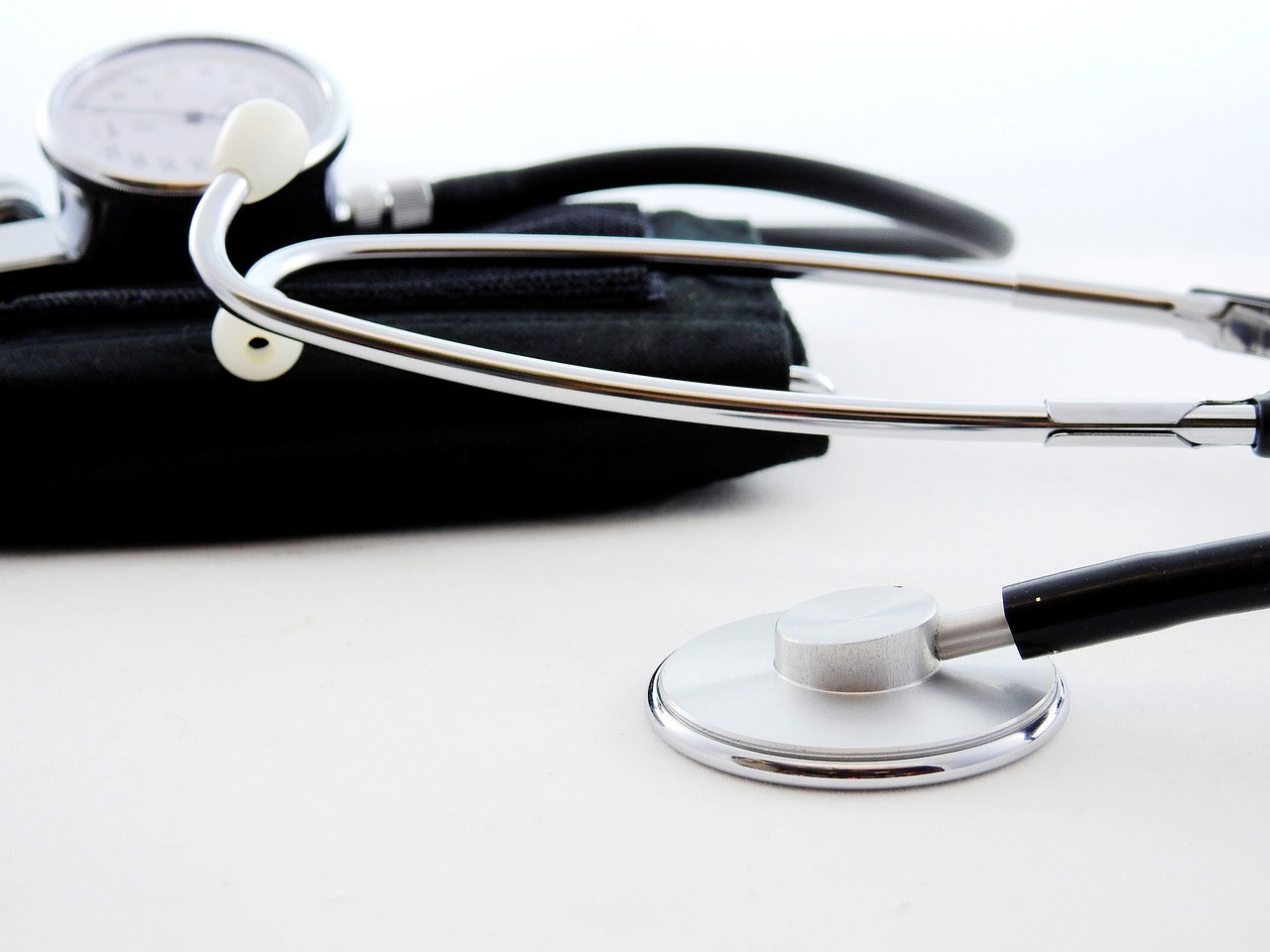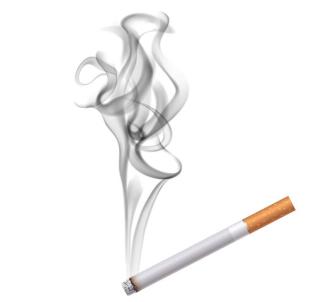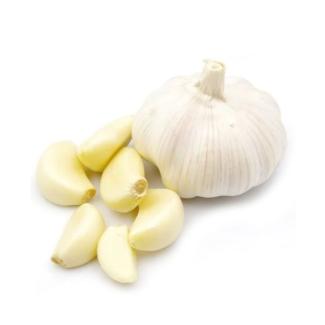
Lowering blood pressure can be achieved through various lifestyle changes, including dietary modifications. Cutting out excessive sugar intake is one such dietary change that can potentially help reduce blood pressure, especially if you have hypertension or are at risk of developing it. However, it's important to note that sugar reduction alone may not be sufficient for everyone, and individual responses can vary. Here's how reducing sugar intake can contribute to lower blood pressure:
- Weight Management: Excess sugar consumption can lead to weight gain and obesity, which are risk factors for high blood pressure. Cutting back on sugar can help with weight management, and maintaining a healthy weight can contribute to lower blood pressure.
- Improved Insulin Sensitivity: High sugar intake can lead to insulin resistance, a condition where your body becomes less responsive to insulin. Insulin resistance can contribute to high blood pressure. Reducing sugar intake can help improve insulin sensitivity.
- Reduced Sodium Intake: Many sugary processed foods and beverages are also high in sodium (salt), which can raise blood pressure. By cutting out sugar, you may naturally reduce your consumption of these high-sodium items.
- Lowered Stress on the Cardiovascular System: Excessive sugar intake may contribute to inflammation, oxidative stress, and endothelial dysfunction, all of which can negatively impact the cardiovascular system and raise blood pressure. Reducing sugar intake can help alleviate some of this stress.
- Decreased Fluid Retention: Consuming too much sugar can lead to increased fluid retention in the body, which can contribute to higher blood pressure. Cutting back on sugar may reduce fluid retention.
It's important to note that not all sugars are created equal. Natural sugars found in fruits, vegetables, and dairy products come with essential nutrients and fiber, while added sugars in processed foods and sugary beverages are the ones you should primarily aim to reduce.
To effectively lower blood pressure through dietary changes:
- Limit or eliminate sugary beverages like soda, energy drinks, and sweetened fruit juices.
- Reduce consumption of sweets, candies, and desserts.
- Read food labels to identify hidden sources of added sugars in processed foods.
- Focus on a balanced diet rich in fruits, vegetables, whole grains, lean proteins, and healthy fats.
- Monitor and control your overall daily calorie intake to support weight management.
However, it's essential to remember that while dietary changes are beneficial, they should ideally be part of a comprehensive approach to managing blood pressure. Regular physical activity, stress management, and medications (if prescribed by a healthcare professional) may also be necessary to achieve and maintain healthy blood pressure levels. It's crucial to consult with a healthcare provider for personalized advice and monitoring, especially if you have hypertension or other medical conditions.
Cloves are MAO inhibitors and are used as antidepressants
Cloves, scientifically known as Syzygium aromaticum, are small, dried flower buds harvested from the clove tree, native to the rainforests of tropical regions, primarily Indonesia. These aromatic plants have been valued for centuries for their unique flavors and fragrances, commonly used in culinary, alternative medicine, and cosmetics.
What is the most successful way to quit smoking?
The most successful way to quit smoking can vary from person to person, as it depends on individual preferences and needs. However, there are several evidence-based strategies and methods that have been found to be effective for many people. Here are some of the most successful ways to quit smoking:
What things does garlic help with?
Garlic is a versatile herb that has been used for centuries for both culinary and medicinal purposes. It contains various compounds that are believed to offer several health benefits, although scientific evidence varies in terms of the extent of these benefits. Some of the potential health benefits and uses of garlic include:
Sometimes my ears ring. What does this have to do with it and how can I fix this beeping?
Ringing in the ears, also known as tinnitus, is a common condition that can be caused by various factors. It may not be a "beeping" sound for everyone, but rather a perceived noise that can be described in different ways, such as ringing, buzzing, hissing, or humming. Tinnitus can be temporary or chronic, and it can be caused by a variety of factors, including:
What is the 4-7-8 technique for better sleep
The 4-7-8 technique is a simple breathing exercise developed by Dr. Andrew Weil that is used to improve sleep, relax the body, and reduce stress. This technique is based on controlled breathing and involves three simple steps: inhaling for four seconds, holding the breath for seven seconds, and exhaling for eight seconds. Here is a detailed explanation of this technique:








